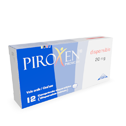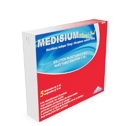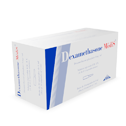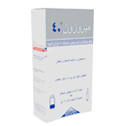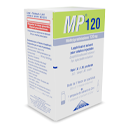ANTI-INFLAMMATORY
What are anti-inflammatories ?
Anti-inflammatory refers to the property of a substance or treatment that reduces inflammation or swelling. Anti-inflammatories, also called anti-inflammatories, antiphlogistics, or deflagrants, make up about half of analgesics. These drugs relieve pain by reducing inflammation as opposed to opioids, which affect the central nervous system to block pain signaling to the brain. Anti-inflammatory refers to a medication's ability to help fight pain and unwanted or abnormal immune system reactions by reducing inflammation.
Nonsteroidal anti-inflammatory drugs (NSAIDs) are a class of drugs that reduces pain, fever, prevents blood clots, and at higher doses, reduces inflammation. Side effects depend on the specific drug, but largely include an increased risk of gastrointestinal ulcers and bleeding, heart attack, and kidney disease.
There are two types of NSAIDs available: nonselective and COX-2 selective. Most NSAIDs are nonselective and inhibit the activity of COX-1 and COX-2.
Non-steroidal anti-inflammatory drugs (NSAIDs) work by inhibiting the activity of cyclooxygenase enzymes (COX-1 or COX-2). In cells, these enzymes are involved in the synthesis of key biological mediators, namely prostaglandins, which are involved in inflammation, and thromboxanes, which are involved in blood clotting.


